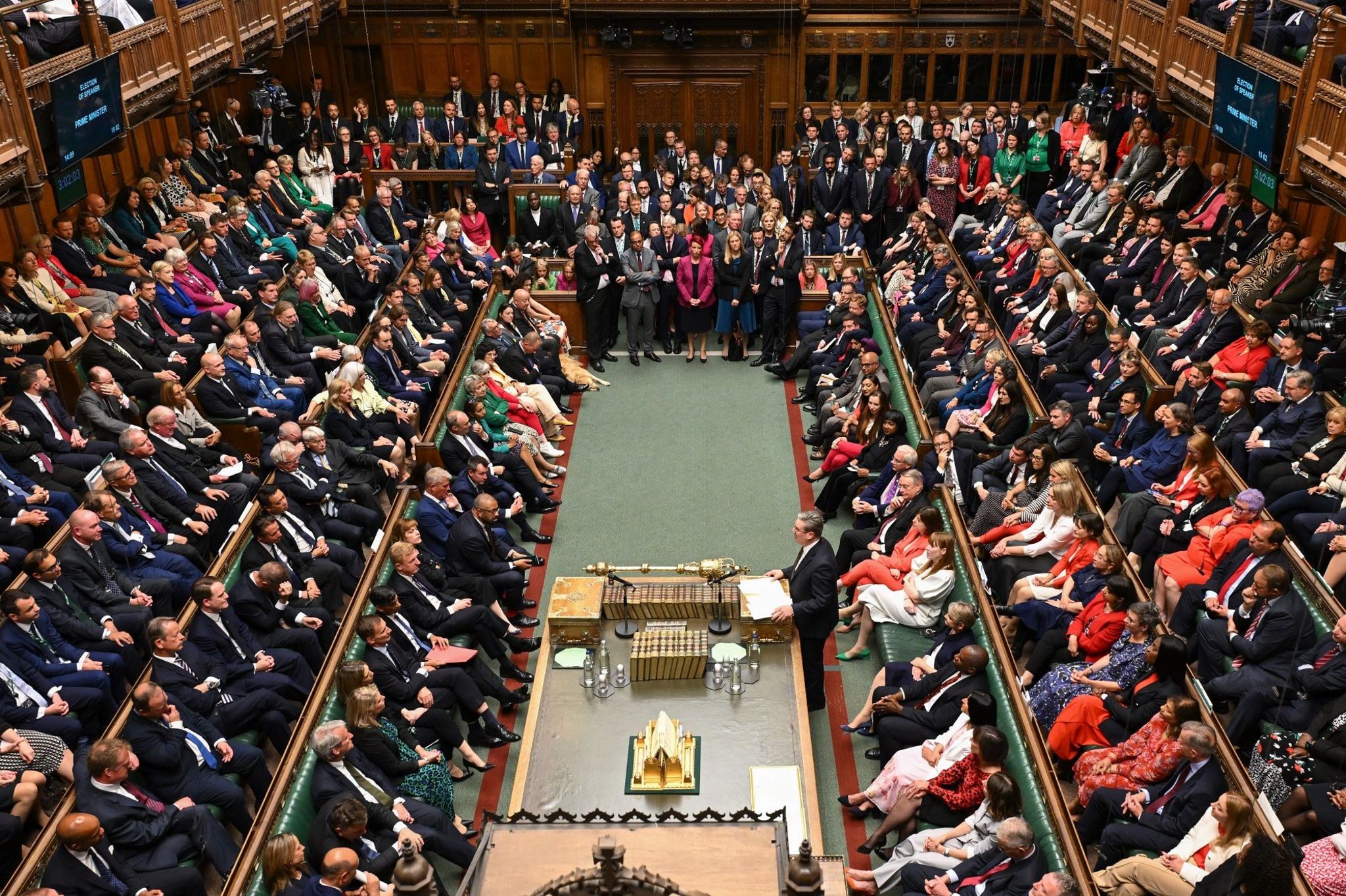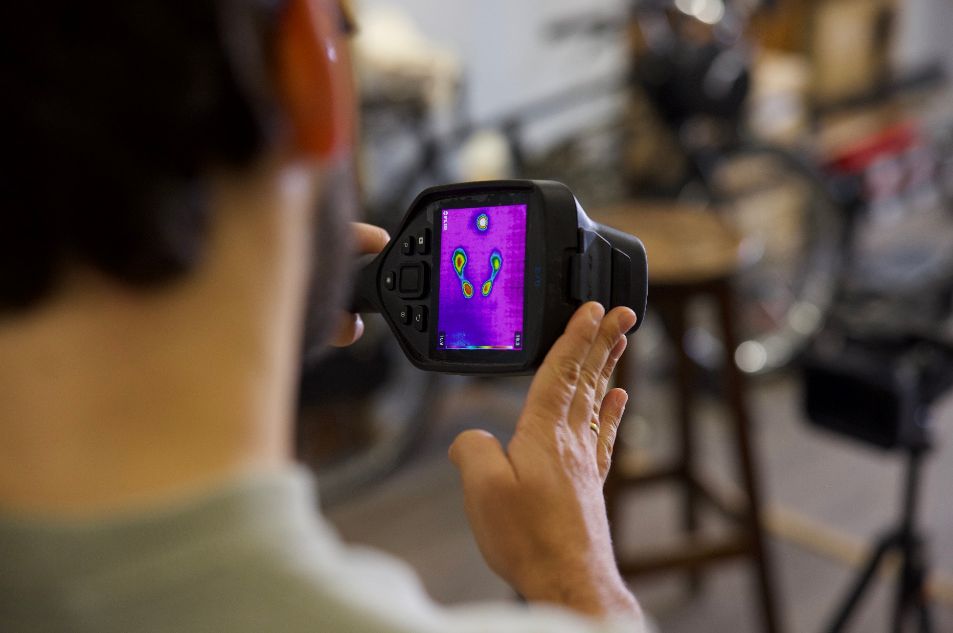The ‘squeezed middle’ in their 50s, 60s and 70s – who are often supporting children and grandchildren as well as elderly parents – are having to dip into pensions and savings to fund care.
In a survey of over 1000 friends and family adopting caring duties - conducted by Benenden Health - almost one quarter (24%) have used their savings and/or pension to fund the cost of care.
Across all carers surveyed, one in six said the cost burden of care had left them struggling for money and a third said they expected to have to raid their savings within the next five years.
There were 1.31 million new requests for care and support from people aged 65+ in 2015/16, yet less than half were awarded it (46.5%).
More than four in ten people caring for an elderly family member spend up to £1,000 of their own money on them each year, while three in ten pay between £1,000 and £10,000, according to a report by Benenden Health.
Altogether in 2017, friends and family spent up to £1.7 billion from their own pockets supporting elderly loved ones. This figure could increase to £2.8 billion by 2050 based on the growth of the UK’s ageing population.
This population growth will place 2020 as the point at which the 65+ population will outweigh under 15s, putting significant additional pressure on ‘the squeezed middle’.
On average, the carers surveyed already spend 168 hours per year caring for ageing loved ones - equivalent to 118 million hours across the country.
As a result, one third of those surveyed said caring responsibilities have an impact on their working lives including reduced working hours, shift changes and and/or frequently must leave work unexpectedly.
Bob Andrews, CEO at Benenden Health said, “Whilst we are so lucky that so many people are dedicating their time and money to support our ageing population, it’s a shocking statistic that people have to put their own financial security at risk because adequate support is not available.
“It’s also important that as people are living longer than ever, we ensure they have a respectable quality of life, which is why we’re trying to help carers recognise signals of deteriorating health in their loved ones, and prepare them for the care conversation through our series of helpful guides.”
















